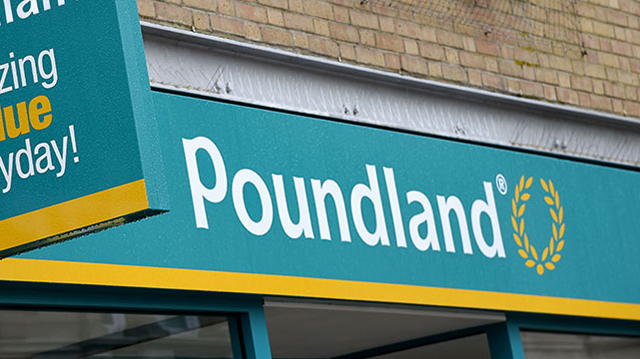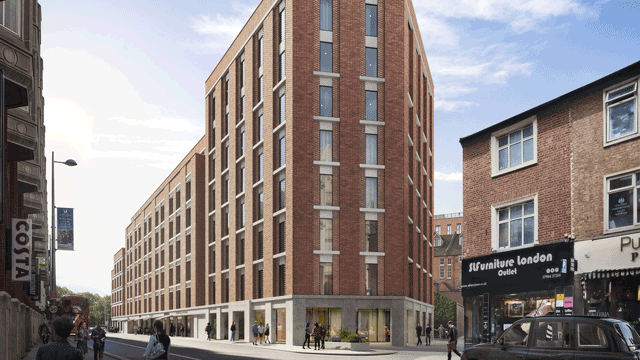The government has pinned the future economic hopes of the UK on 25 tech start-ups.
Last month it identified the companies which, within 10 years, have racked up nearly 290,000 sq ft of office space, mostly around Tech City, EC1.
The aim is to help the firms continue to grow and eventually list on the stock market to stop the UK falling behind in the global economic race after its recent drop to 10th place in the World Economic Forum’s competitiveness rankings.
The companies, which include Green Man Gaming and Mind Candy, account for the first half of the Tech City Future Fifty project, which will see a further 25 bright hopes identified by the end of the year.
Joanna Shields, chief executive of Tech City UK, says the one-year programme will help “solidify London as the world’s digital capital – the most attractive destination for entrepreneurs, start-ups and their investors”.
But is the plan under threat from California’s Silicon Valley?
Colliers International’s vice-president for Silicon Valley, Nick Goddard, was in town last week to aggressively target up-and-coming UK tech companies and woo them stateside.
Goddard says 2013 has been a “good year” for both the London and Californian economies, and adds: “As 2014 and 2015 roll around, the confidence factor of some of the young London tech companies will lead them to Silicon Valley.
“I think it is a natural progression for tech companies, as they perfect their technology, to come to Silicon Valley to find funding, to find people, to find management expertise to fuel their growth.
“I can characterise the incentive down to one word, and that is talent. The pool of talent [in Silicon Valley] for this kind of industry is by far the deepest and smartest in the world.”
Mind Candy, creator of online games phenomenon Moshi Monsters, is one UK start-up that plans to open a US office in the near future.
A spokesman says: “We are currently looking into a San Francisco office. The US is always high on our agenda as we are a global company and would like to have a few other bases outside of London.”
Goddard thinks a number of incentives will encourage UK firms to open a US office next year, such as the fact that American rents are more attractive.
Currently, the highest office rent in Silicon Valley is £41.10 per sq ft in Palo Alto, while the lowest is £12.61 in Milpitas. By comparison, tenants in Farringdon, Clerkenwell and Shoreditch can now expect to pay £70, £67 and £59.50 per sq ft, respectively.
Cushman & Wakefield partner and technology specialist Michael Davis admits he has noticed London-based firms examining options for a San Francisco base.
“Of the 25 Future Fifty companies, I would be surprised if at least five of those do not open on the West Coast of the US at some point,” he says.
But Davis believes the US offices will be satellites, giving UK firms a US presence rather than being their global headquarters.
The strength of London will keep the Future Fifty’s eyes firmly on the UK capital, he says.
“I think everyone is geared up for further London tech growth,” says Davis. “Digital technology now underpins all walks of life and, as such, is not a passing phase. So all that is happening [with the Future Fifty] is putting a bigger emphasis on east London and reinforcing the view that we can expect bigger office deals in the coming years.”
The first 25 Future Fifty firms currently occupy more than 254,000 sq ft or ?88% of their total footprint in London, according to Colliers International.
Between 2009 and 2012, London saw 549 new tech entrants, signing for a total of 3.3m sq ft.
Although nearly three-quarters of the firms took offices of less than 5,000 sq ft, 2014 is expected to be a turning point, with increasing demand from the tech firms for larger expansion space.
Hatton Real Estate director Shaun Simons says the UK government is focused on improving Tech City, but he feels the relationship between London and the much larger Silicon Valley is not one of competition.
“I would say Tech City and Silicon Valley will complement each other in the future rather than be competing for business,” he says.
Listen to Colliers International’s Nick Goddard’s podcast.
joanna.bourke@estatesgazette.com











